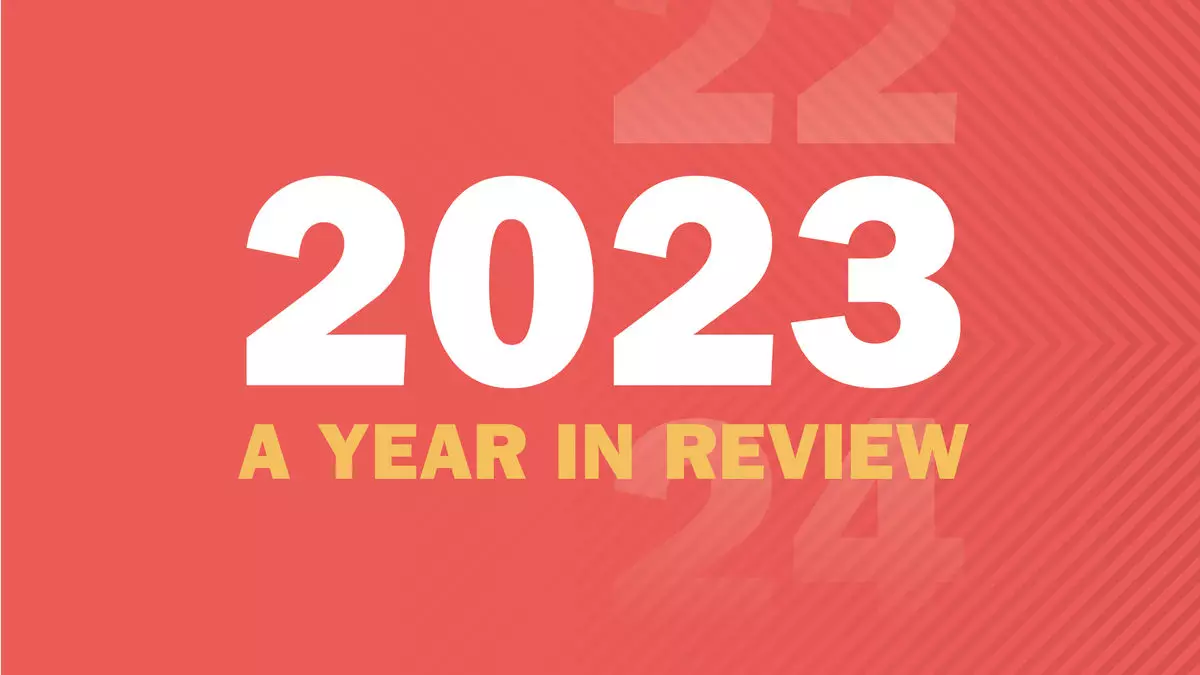The travel agency industry, which was severely impacted by the COVID-19 pandemic, has made a remarkable recovery over the past years. However, this resurgence has presented a new and unexpected challenge for agencies – the overwhelming demand for their services. Travel Weekly reported at the end of 2022 that agencies were not only recovering but thriving, a situation they could only have dreamt of during the height of the pandemic. Unfortunately, this problem has only intensified in 2023, posing a significant obstacle for travel agencies worldwide.
As travel restrictions eased and consumers regained confidence in traveling, they turned to travel advisors for assistance. However, the surge in demand has exposed a shortage of trained advisors within the industry. In June, Diane Petras, the president of the Travel Institute, expressed her concerns about a potential shortage of adequately trained advisors that could persist for years to come. This shortage prompted industry leaders, such as ASTA and various consortia, to prioritize recruitment and educational initiatives as a means to address the issue.
Industrywide Efforts to Attract and Train Advisors
Recognizing the urgency of the situation, numerous organizations within the travel agency industry embarked on initiatives to attract and train new advisors. ASTA CEO Zane Kerby announced in May that the Society would utilize a generous $250,000 donation from Norwegian Cruise Line to attract fresh talent. In a similar vein, Virtuoso launched the Virtuoso Advisor Recruitment Program in June, aiming to bring in new advisors to meet the growing demand. Additionally, the Gifted Travel Network purchased access to Lucia, a freelancer marketplace for the travel industry, for all its members. These efforts were commendable, yet the challenges persisted.
Onboarding: A Roadblock to Full Resolution
While the industry succeeded in hiring more travel agents, a new obstacle emerged – the lack of efficient onboarding programs. Despite the influx of new talent, the process of integrating these advisors into their roles quickly has proven to be problematic. The Travel Institute, for instance, is making significant strides by enrolling over 5,000 students this year, more than double its usual number. However, the lack of streamlined onboarding programs hinders the industry’s ability to fully leverage the potential of these new agents.
As the travel agency industry navigates the challenges brought on by the post-pandemic recovery, it becomes crucial to develop comprehensive solutions that address the shortage of trained advisors and streamline their onboarding process. Industry stakeholders must collaborate to create educational programs that equip aspiring advisors with the necessary skills and knowledge to meet the demands of the modern traveler. Additionally, a concerted effort to establish efficient onboarding processes will ensure that new agents can seamlessly integrate into their roles, providing exemplary service to clients from the outset.
A Brighter Future for Travel Agencies
Despite the ongoing challenges, the travel agency industry has proven its resilience throughout the pandemic and subsequent recovery. The overwhelming demand for travel advisors indicates a renewed interest in personalized service and expert guidance. By overcoming the current obstacles through strategic recruitment, robust educational programs, and streamlined onboarding processes, travel agencies can establish a foundation for future success. With continued dedication and innovation, the industry can flourish, delivering exceptional travel experiences to clients in a rapidly changing world.

